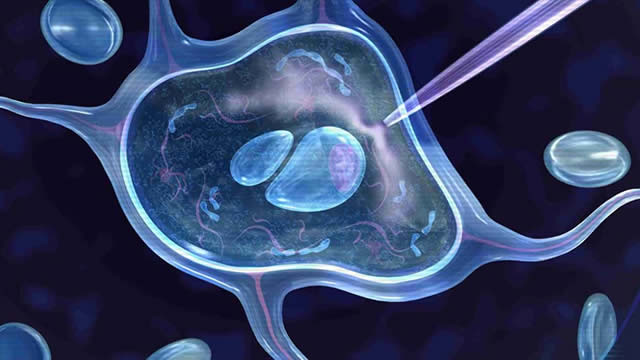Exciting Developments in the Field of Rare Disease Treatment
Positive Results for REC-994 in the Treatment of Cerebral Cavernous Malformation
Recursion Pharmaceuticals, Inc. has recently announced positive safety and tolerability data for REC-994 in the treatment of Cerebral Cavernous Malformation (CCM). This promising development has also shown a trend towards improvement in patients, bringing hope to those suffering from this rare and debilitating condition. The upcoming end-of-phase 2 meeting with the FDA will provide more insight into the required approval efficacy endpoint for CCM, as well as other potential trial changes such as higher dosing and longer-duration treatment.
Advancements in Other Rare Disease Programs
In addition to REC-994, Recursion Pharmaceuticals, Inc. is also making progress in other rare disease programs. REC-2282 is being developed for the treatment of Neurofibromatosis Type 2, while REC-4881 is targeted towards Familial Adenomatous Polyposis. Data from each of these programs is expected to be released in Q4 of 2024 and the 1st half of 2025 respectively, offering hope to patients and their families who are affected by these conditions.
Impact on Individuals and the World
For individuals suffering from rare diseases like CCM, Neurofibromatosis Type 2, and Familial Adenomatous Polyposis, these advancements in treatment options could be life-changing. The potential for improved efficacy and tolerability of these drugs opens up new possibilities for better management of these conditions and improvement in quality of life.
On a larger scale, the progress made by Recursion Pharmaceuticals, Inc. in the field of rare disease treatment has the potential to have a significant impact on the world. By addressing unmet medical needs and providing innovative solutions for rare diseases, these advancements can pave the way for a more inclusive and equitable healthcare system.
Conclusion
With promising results from REC-994 and advancements in other rare disease programs, Recursion Pharmaceuticals, Inc. is leading the way in the development of treatments for rare and challenging conditions. The potential impact of these developments on individuals and the world as a whole is substantial, offering hope and progress in the fight against rare diseases.





